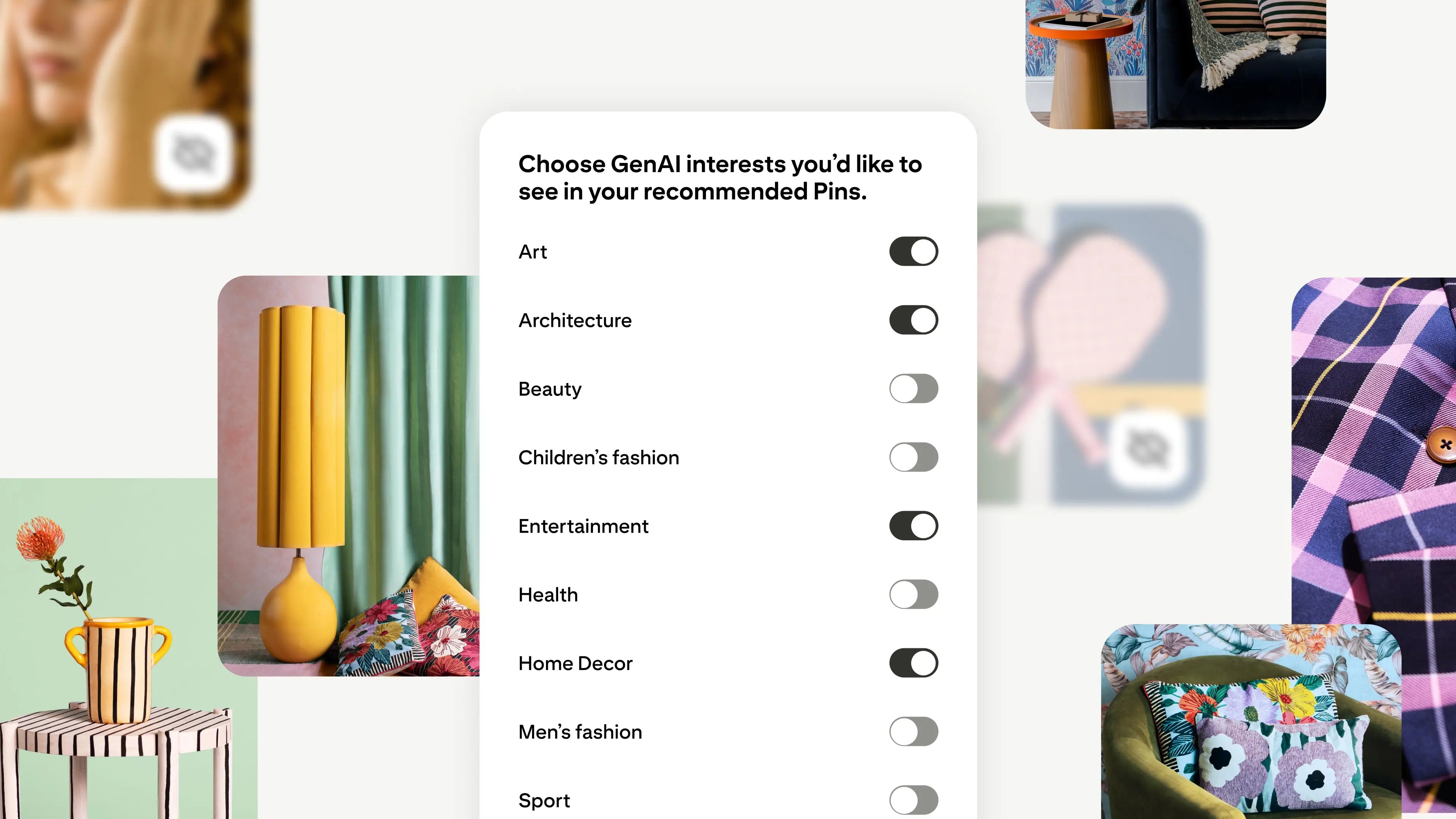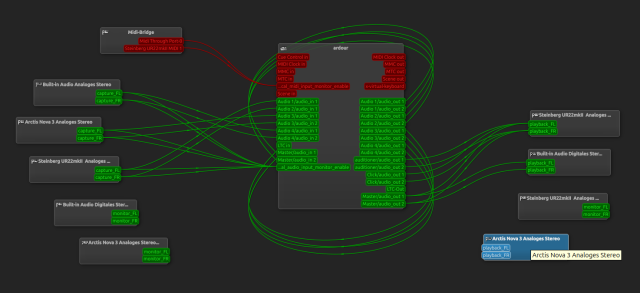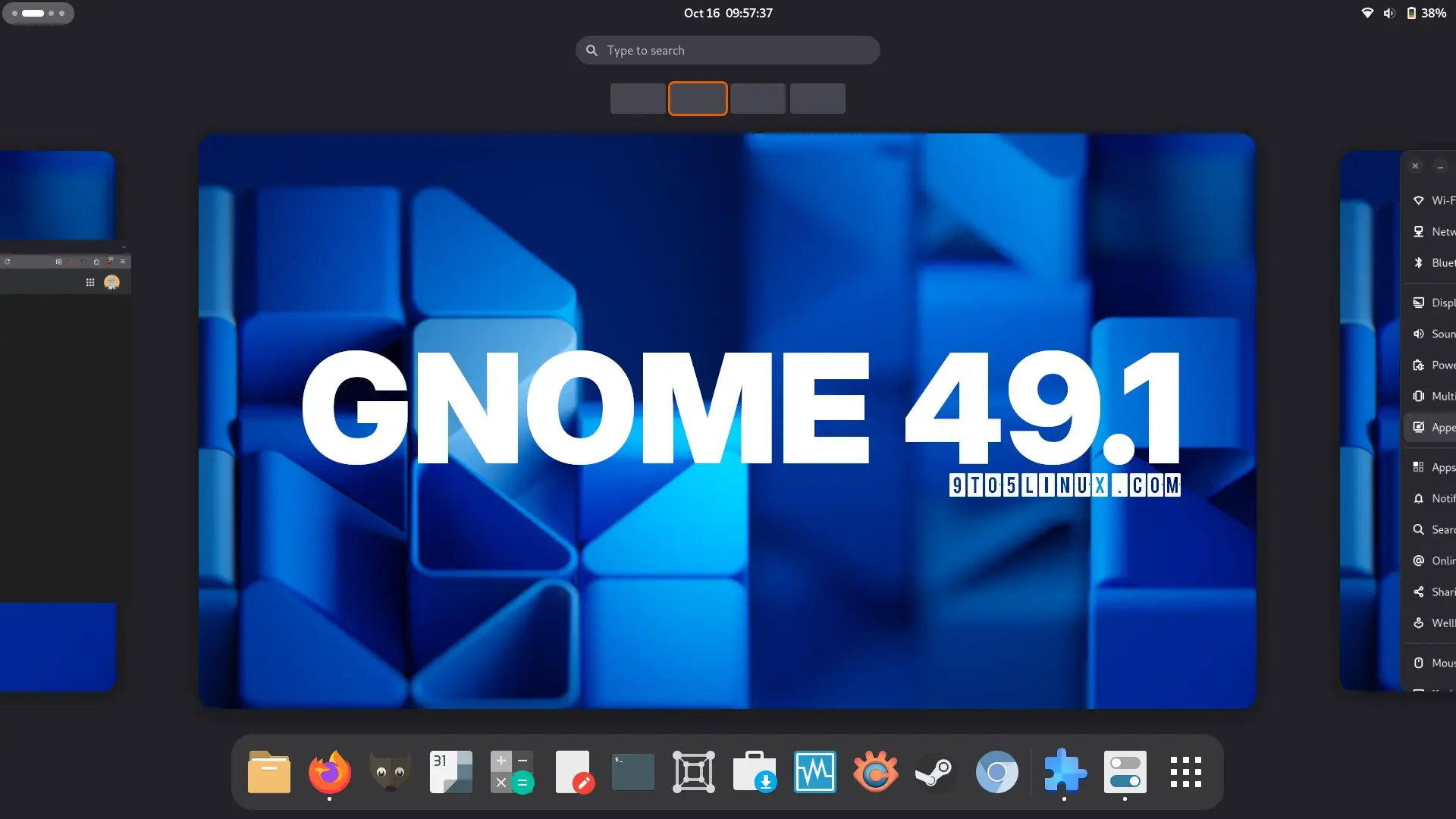"I'm a programmer with a Fediverse account. I spend *most* of my programming hours on this OS:"
Please consider boosting for a more statistically significant result.
#poll #programming #operatingsystems
- Microsoft Windows (14%, 111 votes)
- MacOS (33%, 249 votes)
- Linux or Unix (51%, 386 votes)
- Other (Please comment.) (0%, 3 votes)
reshared this

Why Signal’s post-quantum makeover is an amazing engineering achievement
New design sets a high standard for post-quantum readiness.Dan Goodin (Ars Technica)
> The final thing interesting for the triple ratchet is that it nicely combines the best of both worlds. Between two users, you have a classical DH-based ratchet going on one side, and fully independently, a KEM-based ratchet is going on. Then, whenever you need to encrypt something, you get a key from both, and mix it up to get the actual encryption key. So, even if one ratchet is fully broken, be it because there is now a quantum computer, or because somebody manages to break either elliptic curves or ML-KEM, or because the implementation of one is flawed, or..., the Signal message will still be protected by the second ratchet. In a sense, this update can be seen, of course simplifying, as doubling the security of the ratchet part of Signal, and is a cool thing even for people that don't care about quantum computers.
as has been pointed out by DJB, nobody seems to be able to trust the new PQC crypto which is why we have to do these hybrids. They're actively resisting an attempt by the NSA to have non-hybrid PQC being standardized
Which leaves me feeling like this isn't as amazing as they want you to believe. They did a lot of work because they can't trust the new crypto to fully replace the classical.
Sensitive content
My favourite app update changelog that I've seen in the wild in a long time. I'm sure glad this update got installed!
Changed:
• Nothing
Added:
• Nothing
Removed:
• Nothing
Fixed:
• Nothing
Deprecated:
• Nothing
I expect this upload to take hours. probably 2 or 3? At only 5-10 MBPS upload? Yeah it's not good.

Wormhole - Simple, private file sharing
Wormhole lets you share files with end-to-end encryption and a link that automatically expires.Wormhole
RT: mastodon.world/users/Mer__edit…

Meredith Whittaker (@Mer__edith@mastodon.world)
Attached: 1 image LOL all morning picturing some finance quant slouched at his desk prompting Dalle, like, "make me a picture of pikachu having sex with the Apple logo" or whatever tf those guys use these things for, then throwing up his hands like …Mastodon
Help steph, a trans woman, & her girlfriend move to a safer, trans-inclusive, protective state - away from where they are currently (Ripon). Safety for trans people there has become increasingly questionable and uncertain and they would need as much help as possible from us as they find temporary jobs and plan the move. Steph has a youtube channel as well that I'll link below.
The donations will be used for: rent, tickets, transportation, HRT etc.
Goal: 11424/14000
GoFundMe:
gofundme.com/f/support-stephs-…
Youtube:
youtube.com/@teletraaniv?si=bF…
Tags: #GTFOmyState #crowdfunding #crowdfund #fundraiser #fundraising #MutualAid #TransCrowdFund
P… mais ! en plus d'être valide SPF/DKIM/DMARC/ARC les spammeurs signent leurs messages avec #OpenPGP !
#spam #mail
X-Spamd-Result: …
SIGNED_PGP(-2.00)[];
ARC_ALLOW(-1.00)[xxx.xxx:s=dkim:i=1];
DMARC_POLICY_ALLOW(-0.50)[xxx.xxx,quarantine];
R_SPF_ALLOW(-0.20)[+mx];
R_DKIM_ALLOW(-0.20)[xxx.xxx:s=dkim];
MIME_GOOD(-0.20)[multipart/signed,multipart/mixed,text/plain];
> A Milwaukee Brewers 'Karen' has been fired after making a racist comment to a Dodgers fan
> Her employer, Milwaukee-based staffing company ManpowerGroup, confirmed to reporters Wednesday that she was no longer with the company. Additionally, according to reports, Make-A-Wish Wisconsin says Kobylarczyk also resigned from her role on its board of directors.
You just know those brown kids weren't getting their wishes
I was wondering which social media app would cave first. While OpenAI has built AI Slop TikTok (Sora), Pinterest will now add settings that allow people to limit how much AI generated content they see in their feed.
techcrunch.com/2025/10/16/pint…

Pinterest adds controls to let you limit the amount of 'AI slop' in your feed | TechCrunch
Pinterest is rolling out new controls that let users limit how much AI-generated content appears in their feeds. The company is also making its AI content labels more visible.Sarah Perez (TechCrunch)
Oh, if anyone's willing to mirror the file, that would be quite appreciated, as my bandwidth is limited. I might choose a file uploading service, but I wanted folks to have direct links without me paying for a plan on one where file traffic limits can be an issue. Ultimately, anyone is also encouraged to re-upload it on archive.org (I just have no time to) if they wish.
EchoBox Player | AppleVis
Echobox player is an elegant, privacy‑minded audio player built for everyday listening. It respects your library, keeps folders as folders, and adds smart features that make long‑form audio a joy—chapters, effects, transcripts, and more—without getti…www.applevis.com
reshared this
Well, great.* #Netflix wants its own video podcast library, so it’s partnering with... Spotify.
tubefilter.com/2025/10/15/netf…
*This is sarcasm. Spotify is awful. But you know that already, right?

Netflix wants its own video podcast library, so it's partnering with Spotify - Tubefilter
Video podcasts in categories like sports and true crime will show up on Netflix thanks to a deal with Spotify.Sam Gutelle (Tubefilter)
Many exciting projects made it into the latest @NGIZero funding round.
My personal favorites are OMEMO v2 (#TWOMEMO 😜) for Converse.js (by @jcbrand) and GTK4 support for @phosh.
Movim is sharing the same OMEMO encryption library with Converse.js, this project might also help bringing OMEMOv2 in Movim.
We're not promising anything but it will be a giant step toward it ✨
Daniel Gultsch reshared this.
reshared this
Isn't this what Aural CSS was back in the day?
AFAIK that was never implemented in any mainstream browser, Emacspeak was the only implementor I know of.
As far as I remember, it had a bunch of extra properties for things like how speech should be positioned in 3d, which was a very Emacspeak thing to do.
There are people who seem to feel really strongly about this being a good thing for screen reader users, and I must admit to being bewildered about why. Websites changing aspects of screen reader output may be equitable, if we compare it with the way webpages can alter visual presentation through fonts and other aspects. But to me it feels entirely inappropriate to cross that boundary between the browser as the user agent and accessibility software in order to interfere with very personal settings.
Meanwhile on iOS, the related accessibility attributes are being used to achieve outcomes nobody wants or needs, like spaces between all the digits of a credit card number. @miki @prism
I can see the point for e.g. text-to-speech APIs built into the browser, maybe even read-aloud features. But the case for screen reader compatibility seems to be built on the foundational assertion that SR output is monotonous and can't be "livened up" by brands.
As assertions go, I think that is both true and exactly how it should be. I don't use a screen reader for entertainment. I can think of few things more obnoxious than a marketing person thinking that my screen reader should "shout this bit."
Many web authors can't even label stuff correctly. Why on earth would we expect them to treat this sort of feature with informed respect? @miki @prism
@prism I think without ARIA or an equivalent (like more things built into the web platform), the web would've continued galloping forward with all the same UI widgets and design patterns but with no way to make them even halfway accessible, and we'd be left even more behind than we are now.
By contrast, I don't think the inability for a website to change the pitch of NVDA is a legitimate blocker to anything worthwhile. @Piciok @miki
@Piciok @miki
@miki I think it's a trap to suggest that such problems should currently be solved only through speech properties and auditory cues within individual apps. Expressive semantics on the web have only been explored at a surface level so far, and it's a complete stretch to go from "We don't have the ARIA properties to convey complex information," to "Let's have every application implement its own beeps and boops."
Imagine having to learn the sound scheme for Gmail, then Outlook, then Thunderbird. Then going over to Slack where they also have unread state albeit for chat messages rather than emails, but they use an entirely different approach again.
All the while, braille users are getting nothing, and people who struggle to process sounds alongside speech are becoming more and more frustrated. Even if we assume that this is being worked on in conjunction with improvements to ARIA and the like, how many teams have the bandwidth and willingness to implement more than one affordance?
We've already seen this in practice: ARIA has braille properties, but how many web apps use them? Practically none, because getting speech half right and giving braille users an even more subpar experience is easier. Your own example highlights how few apps currently let you control things like verbosity and ordering of information.
CSS Speech could turn out even worse. A product team might opt to implement it instead of semantics because the two blind people they spoke to said it would work for them, and never mind the other few million for whom it doesn't. They'll be the people complaining that there's no alternative to the accessibility feature a team spent a month on and thought was the bee's knees.
@jscholes @silverleaf57 @prism Efficiency, not equity.
Words are a precious resource, far more precious than even screen real estate. After all, you can only get a fairly limited amount of them through a speaker in a second. We should conserve this resource as much as we can. That means as many other "side channels" as we can get, sounds, pitch changes, audio effects, stereo panning (when available) and much more.
Icon fatigue is real. "me English bad, me no know what delete is to mean" is also real, and icons, pictograms and other kinds of pictures is how you solve that problem in sighted land.
Obviously removing all labels and replacing it with pictograms is a bad idea. Removing all icons and replacing them with text... is how you get glorified DOS UIs with mouse support, and nobody uses these.
@miki Note that I'm specifically responding to your proposed use case here. You want beeps and boops, and I think you should have them. But:
1. I think you should have them in a centralised place that you control, made possible via relevant semantics.
2. I don't think the fact that some people like beeps and boops is a good reason to prioritise incorporating beeps and boops into the web stack in a way that can't be represented via any other modality.
@miki As noted, I think people who can process a more efficient stream of information should have it available to them. That could be through a combination of normalised/centralised semantics, support for specialised custom cases, and multi-modal output.
My main concern remains CSS Speech being positioned as the only solution to information processing bottlenecks, which I think is a particularly narrow view and will make things less accessible for many users rather than more.
Good discussion, thanks for chatting through it. @silverleaf57 @prism @Piciok
@jscholes At the same time, I think the chances that CSSSpeech completely takes over the industry and we all stop doing text role assignments is quite low.
explainxkcd.com/wiki/index.php…
So I am decidedly meh about this. It could help but probably won't.
@miki @silverleaf57 @Piciok
927: Standards - explain xkcd
explain xkcd is a wiki dedicated to explaining the webcomic xkcd. Go figure.www.explainxkcd.com
This already exists though, as a screenreader feature. Kind of. NVDA has an add-on called unspoken that will replace the announcement of roles with various sounds, there's a different one for checked vs. unchecked boxes for instance. JAWS did (does?) something similar with the shareable schemes in the speech and sounds manager. Granted, not a lot of people do this, but the ability is there if people want it. VO, TB and cvox also have earcons--they're not used for this purpose, but they could be. Having this under the user's control rather than the author's control does seem better. It prevents for instance a developer deciding to be super abtrusive with ads. I do see the potential for it to be good, the author would be able to convey more nuanced concepts being the author of the content... it just feels like a thing most people wouldn't use, and most of the people who'd try would end up being obnoxious about it.
Wie zwei Brüder nachhaltige Smartphones ohne Investoren entwickeln.
🚀 Busy first day at The Matrix Conference in Strasbourg!
Lots of great talks, engaging conversations and plenty of inspiration. Can’t wait for day two @matrix 👋
Mit PipeWire sind alle Hardware Devices einfach so verknüpfbar.
“This echoes the testimony of Keith Siegel, who told an audience during an event with the UK’s Chief Rabbi this July: “The more they tried to convert me to Islam, the more my Jewish identity became stronger, and my belief became stronger.” “ 🎗️
thejc.com/news/israel/hostages…

Hostages were pressured to convert to Islam and met Hamas leader during two-year captivity
Rom Braslavski’s captors ‘tried to tempt him with food and small gifts’ to abandon his Jewish faith, his mother revealedSiam Goorwich (The Jewish Chronicle)
#GNOME 49.1 Desktop Released with Various Improvements and Bug Fixes 9to5linux.com/gnome-49-1-deskt…
@gnome #Linux #OpenSource
GNOME 49.1 Desktop Released with Various Improvements and Bug Fixes - 9to5Linux
GNOME 49.1 is now available as the first point release to the latest GNOME 49 desktop environment series with various bug fixes.Marius Nestor (9to5Linux)






Archos
in reply to Robin Bedrunka 🐞 • • •